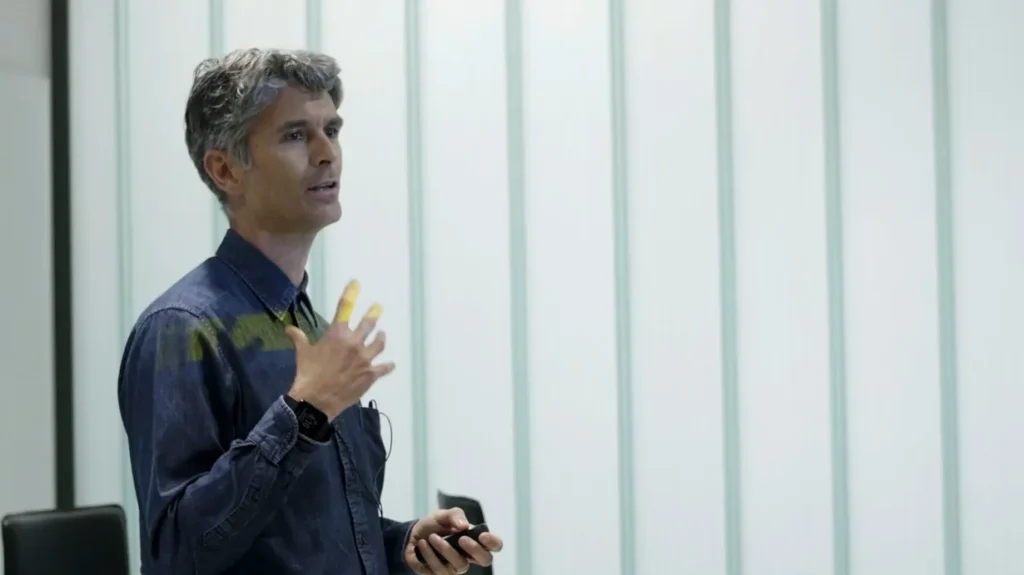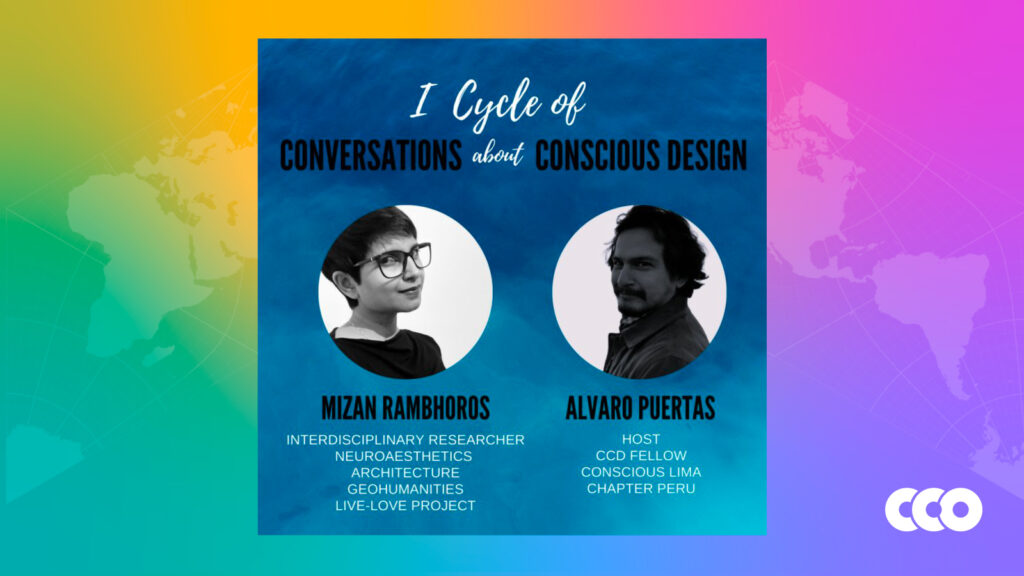“Consciousness” is an overextended word. It has been used to mean many things: aware, self aware, responsible, awake, intelligent, human, morally responsible, citizen. But for the analogy of the conscious city, we need to think clearly in order to find futures worth having, and avoid mistakes of the recent past. So let us buckle down on one clear, functionalist, use of the term. Let us focus on consciousness as the process that creates explicit memories — memories you are able to talk about. This is the aspect of consciousness with which we create the narratives of our lives, and that all the other meanings of the term hang off of.
Why shouldn’t every aspect of human intelligence and human memory be accessible to consciousness? There are at least two plausible reasons. First, maybe that information isn’t that useful, not useful enough to pay its way. What is the cost of consciousness? What do we have to pay to know more? Well, the costs of computation in general are time, energy, and space. Computation is not a mathematical abstraction, it’s a real physical process that requires transforming matter. So if we can condense most of what we know to abstractions, we may be able to think and react faster, carry more information in our heads, and generally live longer and better.
Second, maybe consciousness and language play specific roles in our intelligence as shaped by their specific powers. Humans survive not only because we are good at surviving as individuals, but also because we are good at working together and cooperating as groups. Not as one giant group — as many small competing, cooperating and interacting groups that form larger networks and organisations. Consciousness is very much about the individual, about self knowledge, about discovering individual rewards and advantages. It is one part of our system of discovery as we as individuals experience and reason about things that seem to work. But as a highly social species, we also “discover” things — or at least learn them — automatically. We absorb the behaviours and advantages of others without attention or awareness. We also share information with expressions, blushes, even pheromones without intention or recall.
What if part of the way we get by, one of our survival strategies, is not knowing what we are doing? Not monitoring our own every gesture. What if we need to be sufficiently selfless to benefit others without thinking? Or what if part of what makes us smart is our own ignorance? Or part of what makes each of us valuable is our differences in perspective, our unique units of knowledge?
Consciousness is only defined in terms of its opposite. We are only fascinated by consciousness because we are flummoxed by our unconsciousness — by the limits of our self knowledge and self control. Computers aren’t unconscious; they are too conscious. They can recall everything they experience, but until recently they have not been able to generalise in ways that are useful enough to be called “intelligent.” That generalising is a process of forgetting about detail. Yet actual action, and interaction, requires focus on detail — at least until the action is done.
An intelligent city should be a hive of knowledge — not a giant glass sphere, but an immense number of interconnected yet obscure spaces in which individual actions can be explored and individual lives self designed. When we bring AI to a city, we want to bring access to skills, arts, science, and history — but not an open window to every life. Destroying liberty and differentiation reduces both the vitality and the innovativeness of a society, as well as reducing the joy and potential of its individuals. While we look for ways to infuse knowledge and power for citizens in a city, we also need to maintain means for differentiation and uniqueness. Uniqueness in education, in experience, even in opportunities. Without unconsciousness, consciousness has no value or meaning.








